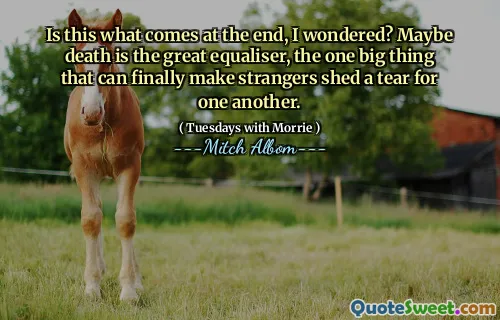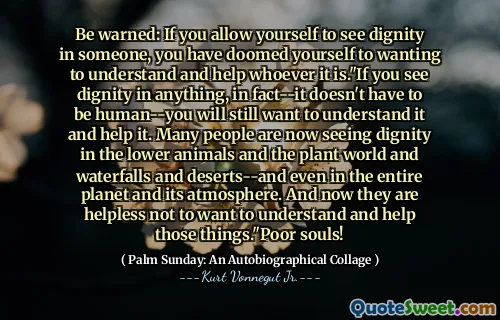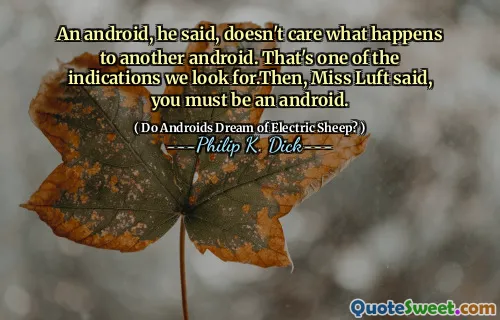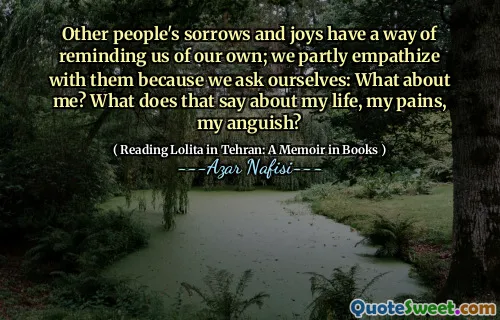
We all have scars. Just because mine are hidden doesn't make them any less painful.
This quote resonates deeply because it touches on the universal human experience of pain and the often invisible struggles that people carry. Legends say that scars are the body's way of healing and literal reminders of what we've endured. Yet, emotionally and psychologically, scars can be far more complex. Not everyone reveals their wounds openly; some hide their pain behind a brave face, a quiet demeanor, or masks of happiness. The hidden scars symbolize experiences—trauma, loss, rejection, failure—that shape us but don't always leave obvious marks for others to see.
In society, there's a tendency to judge or misunderstand people who appear outwardly untroubled or successful, neglecting their inner battles. Recognizing that everyone has hidden pain fosters empathy and compassion. It urges us to be gentler in our interactions and more patient with ourselves and others. Sometimes, concealing scars is a protective mechanism—an effort to shield oneself from vulnerability or judgment. Still, this can lead to isolation or feeling misunderstood.
The quote also subtly emphasizes resilience. Despite the pain that scars represent, they are part of our stories—testaments to survival and strength. Accepting our scars, whether visible or hidden, is a step toward healing and self-acceptance. It reminds us that vulnerability is a universal aspect of the human experience. When we stop judging ourselves for our wounds and instead accept and understand them, we foster inner peace. Ultimately, each scar tells a story of endurance, and recognizing that in others allows for deeper connections. As Salcedo suggests, in the acknowledgment of our hidden pain, there can also be a quiet hope for healing and understanding.
(All Beautiful Things) - Nicki Salcedo





